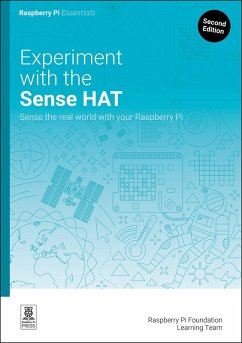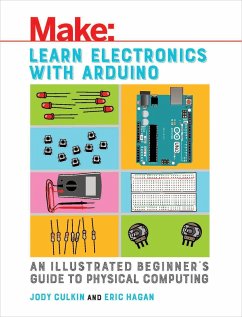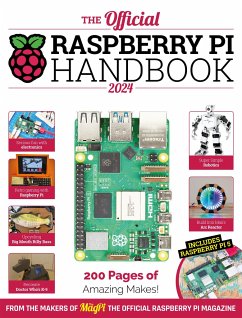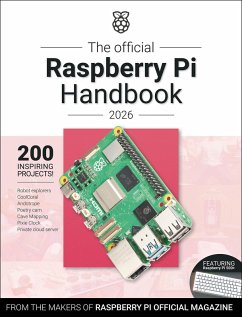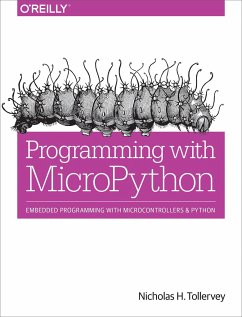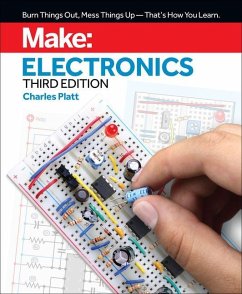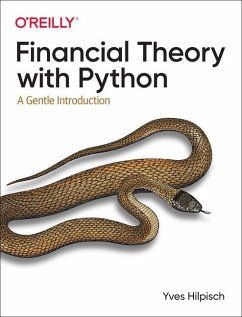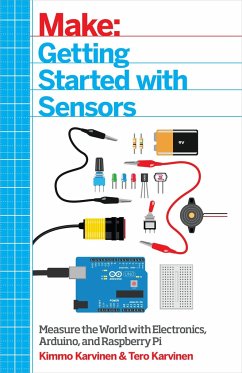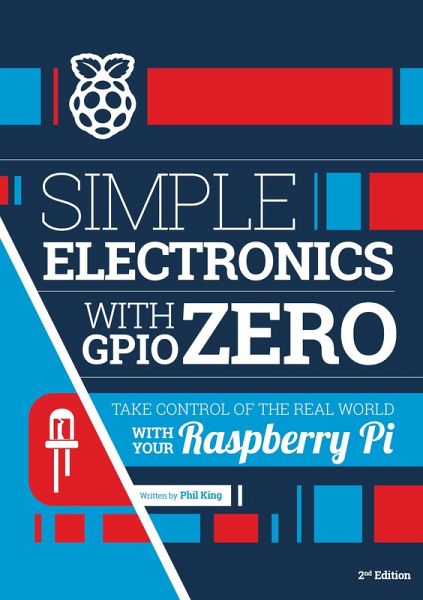
Simple Electronics with Gpio Zero
Take Control of the Real World with Your Raspberry Pi

PAYBACK Punkte
6 °P sammeln!
The most popular programming language for controlling electronics on a Raspberry Pi is Python, particularly the code in the GPIO Zero library, which you can use to control LEDs, sensors, motors, and many more components. With this book, you'll learn how to use GPIO Zero as you build a series of simple electronics projects.




